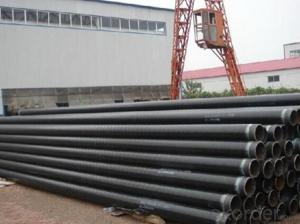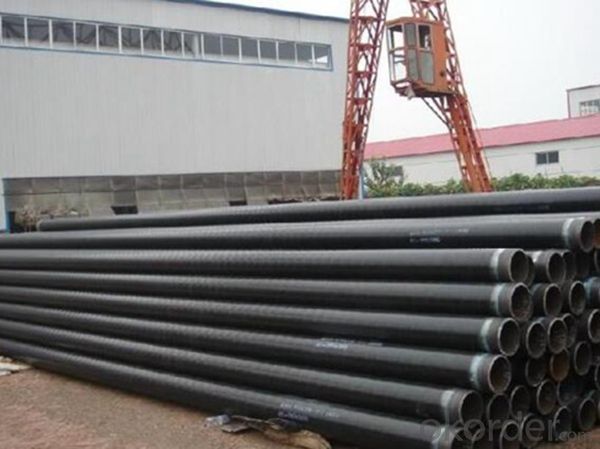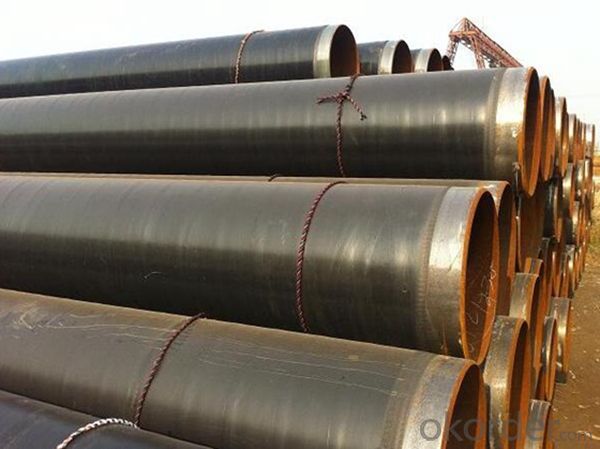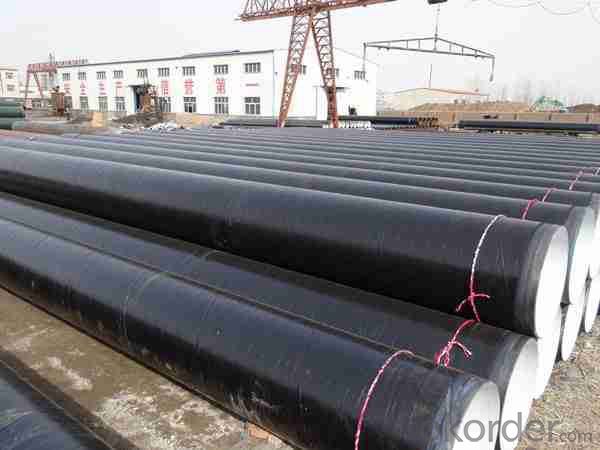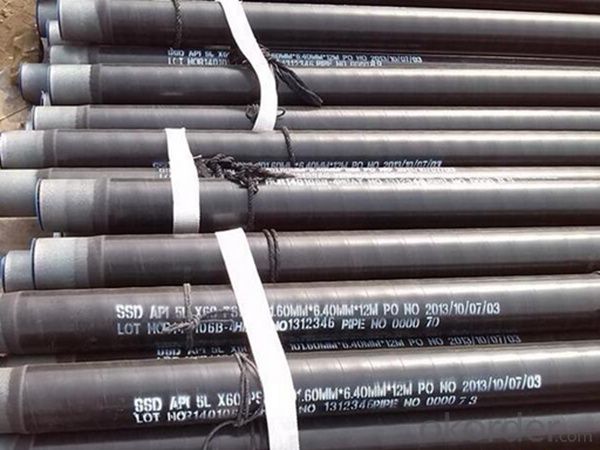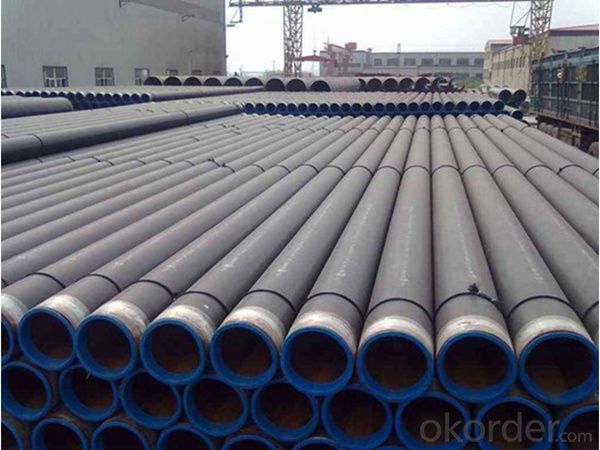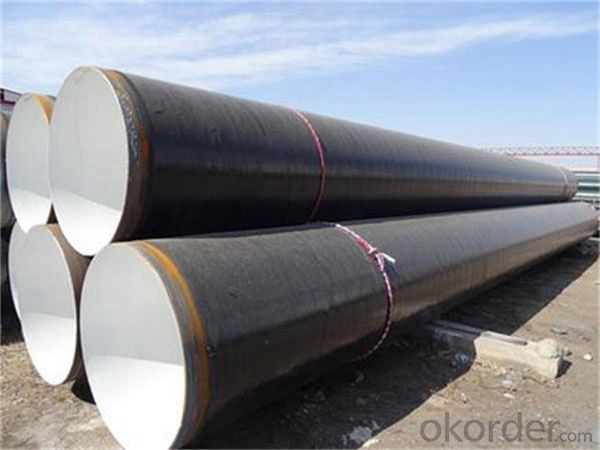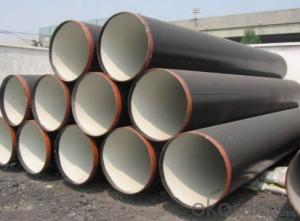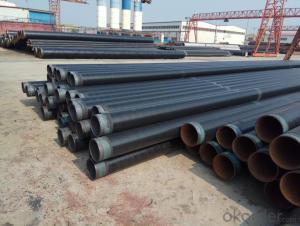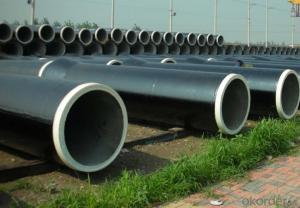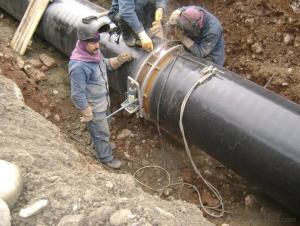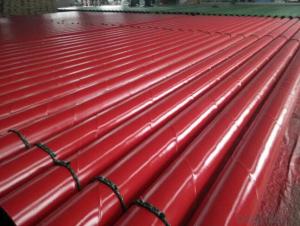3pe anticorrosive steel tube tpep anticorrosive steel tube 8710 anticorrosive spiral steel tube
- Loading Port:
- Tianjin
- Payment Terms:
- TT OR LC
- Min Order Qty:
- 1 m.t.
- Supply Capability:
- 1000 m.t./month
OKorder Service Pledge
OKorder Financial Service
You Might Also Like
Specification
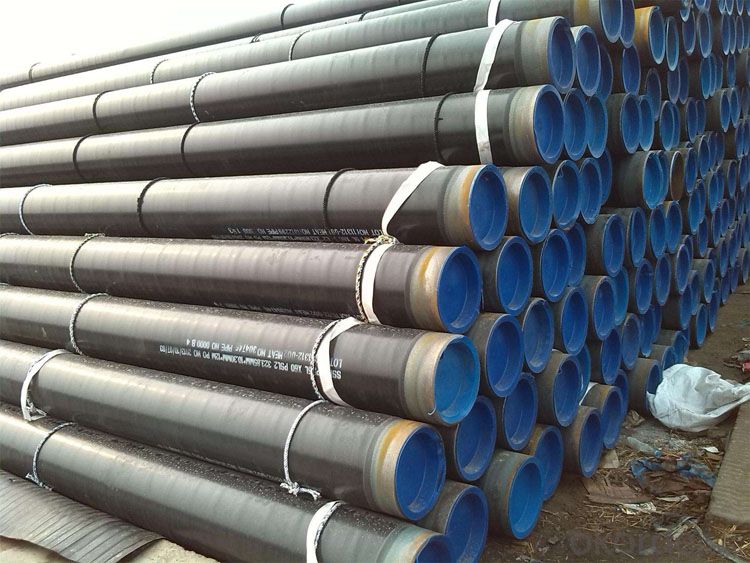
2PE-3PE anticorrosive steel pipe
Anticorrosive steel pipe refers to the steel pipe which is processed by anticorrosive technology and can effectively prevent or slow down the corrosion phenomenon caused by chemical or electrochemical reaction during transportation and use.According to the statistics of our country, the direct economic loss of steel tube corrosion is more than 280 billion yuan every year.
Corrosion of steel tubes currently costs the world $500 billion a year.Anti-corrosion steel pipe can effectively prevent or slow down corrosion to extend the service life of steel pipe, reduce the operating cost of steel pipe.
Anticorrosive steel pipe parent material including spiral pipe, straight seam pipe, seamless pipe, etc., is widely used in long-distance water transmission, petroleum, chemical, natural gas, heat, sewage treatment, water source, bridge, steel structure, Marine water transmission pile and other pipeline engineering fields.
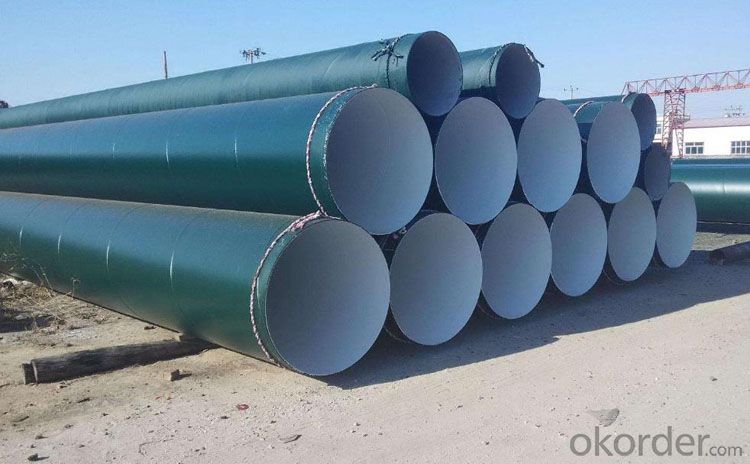
8710 anticorrosive steel pipe
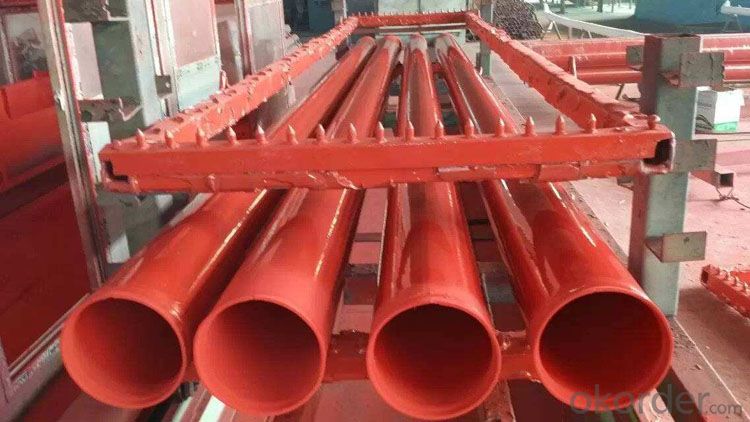
TPEP anticorrosive steel tube
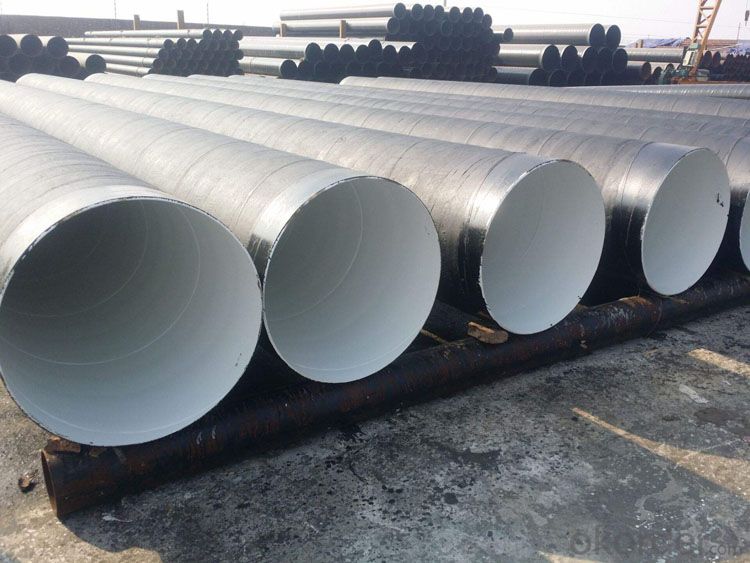
Epoxy coal pitch anticorrosive steel pipe
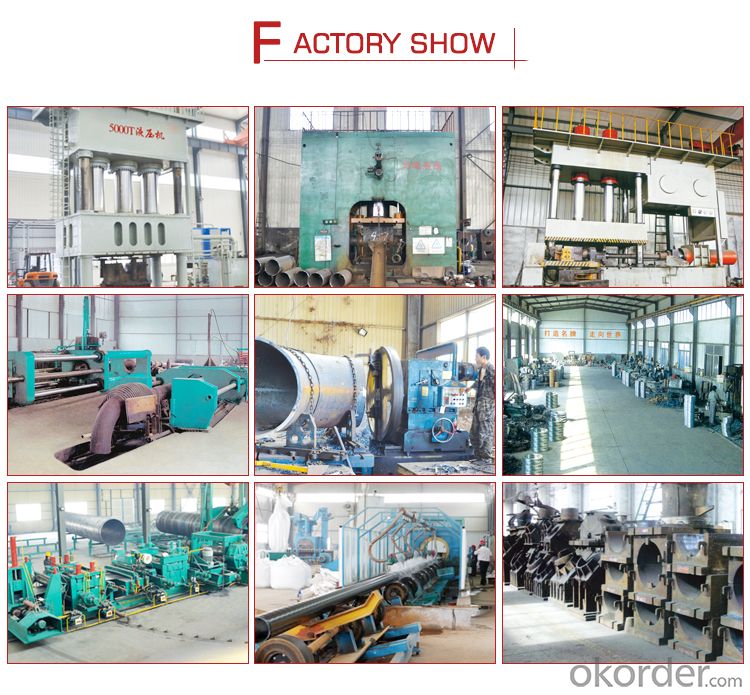
- Q: What are the different types of steel pipe bends for pipeline routing?
- There are several types of steel pipe bends commonly used for pipeline routing, including the 90-degree bend, 45-degree bend, and the 180-degree bend. Additionally, there are also custom bends available, such as S-bends, U-bends, and offset bends, which are used in specific situations to accommodate unique pipeline routing requirements.
- Q: How do you connect steel pipes together?
- Steel pipes can be connected together using various methods such as welding, threading, flanges, or mechanical couplings. Welding involves fusing the ends of the pipes together using heat, while threading involves cutting grooves into the pipe ends and screwing them together. Flanges are used to connect pipes using bolts and gaskets, providing a secure and leak-proof joint. Mechanical couplings utilize compression fittings or clamps to connect pipes without the need for welding or threading. The appropriate method depends on the specific application, pipe size, and project requirements.
- Q: How long are the seamless tubes? Are they six meters long?
- The production process of seamless steel tube in general can be divided into two kinds of hot rolling and cold drawing, cold-rolled seamless steel pipe production process than hot-rolled seamless steel pipe seamless pipe hot rolling to complex, diameter is generally greater than 32mm, thickness 2.5-200mm, cold-rolled seamless steel pipe outside diameter 6mm, wall thickness to 0.25mm cold rolling hot rolling high precision ratio.
- Q: What are the advantages of using steel pipes in the manufacturing of appliances?
- There are several advantages of using steel pipes in the manufacturing of appliances. Firstly, steel pipes are extremely durable and can withstand high pressures, making them ideal for applications that require strength and resilience. Secondly, steel pipes have excellent corrosion resistance, ensuring that the appliances will last longer without succumbing to rust or degradation. Additionally, steel pipes have a smooth interior surface, which minimizes friction and allows for efficient flow of fluids or gases within the appliances. Lastly, steel pipes are readily available and cost-effective, making them a practical choice for appliance manufacturers.
- Q: Can steel pipes be used for underground steam pipelines?
- Yes, steel pipes can be used for underground steam pipelines. Steel pipes are known for their durability and high temperature resistance, making them suitable for transporting steam underground.
- Q: What's the difference between hot dip galvanizing and cold galvanizing? Which kind of galvanizing method is good?
- There are two kinds of hot dip galvanizing, zinc plated and non galvanized. The flowers must be hot-dip galvanized, without flowers, similar to galvanized.
- Q: What are the different types of steel pipe supports for overhead piping?
- There are several types of steel pipe supports for overhead piping, including pipe hangers, pipe clamps, beam clamps, and pipe rollers. Pipe hangers are used to support vertical pipes, while pipe clamps provide support for horizontal pipes. Beam clamps are designed to attach to structural beams and provide support for the pipe. Pipe rollers are used to allow the pipe to move freely, accommodating expansion and contraction.
- Q: What are the different standards for steel pipes?
- There are several different standards for steel pipes, including ASTM (American Society for Testing and Materials), API (American Petroleum Institute), and ASME (American Society of Mechanical Engineers). These standards specify the requirements for various aspects of steel pipes, such as their dimensions, chemical composition, mechanical properties, and testing procedures. These standards ensure that steel pipes meet the necessary quality and safety standards for their intended applications.
- Q: Are steel pipes resistant to earthquakes?
- Compared to other materials like concrete or PVC pipes, steel pipes are commonly regarded as more resistant to earthquakes. This is because steel possesses inherent properties such as high tensile strength and flexibility. These properties enable steel pipes to effectively absorb and distribute seismic energy during an earthquake, enabling them to endure shaking and ground movements more effectively. Moreover, steel pipes have the capability to deform without rupturing or collapsing, reducing the risk of structural failure. However, it is crucial to note that the earthquake resistance of steel pipes ultimately relies on various factors including the design, installation, and overall structural integrity of the piping system. To ensure the highest level of earthquake resistance for steel pipes, it is imperative to adhere to proper engineering and construction practices.
- Q: How are steel pipes used in the shipbuilding industry?
- Steel pipes are commonly used in the shipbuilding industry for various applications such as the construction of the ship's hull, piping systems for fuel, water, and other fluids, as well as for the ventilation and drainage systems on board. These pipes provide strength, durability, and corrosion resistance, making them ideal for withstanding the harsh marine environment.
Send your message to us
3pe anticorrosive steel tube tpep anticorrosive steel tube 8710 anticorrosive spiral steel tube
- Loading Port:
- Tianjin
- Payment Terms:
- TT OR LC
- Min Order Qty:
- 1 m.t.
- Supply Capability:
- 1000 m.t./month
OKorder Service Pledge
OKorder Financial Service
Similar products
Hot products
Hot Searches
Related keywords
